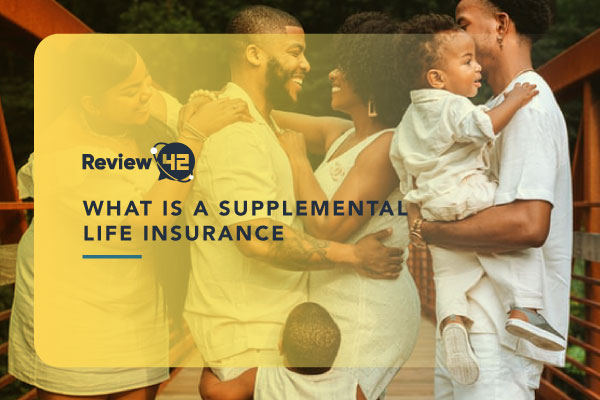Can I Cash Out Employer-Based Life Insurance?. Depending on the length of time you have had your life insurance policy, you may have built a large amount of savings you can cash out. Employer-based policies, also known as group life insurance, are slightly different then individual policies, because your employer ...
Life insurance is a common employer-provided benefit, and premiums can be fully paid by the company or shared by the employee. How long does life insurance last after termination or leaving a job, though? The experts at Bankrate explain that while most of these policies terminate when that happens, another option may be available.
Term life insurance is a basic option that covers workers while they are employed. Term life insurance policies offered by employers have no cash value, as explained by the writers at Prudential. Other life insurance policies have cash value, and these are known as universal insurance. Indexed universal insurance has a cash value corresponding to the U.S. stock market, and variable universal insurance allows policyholders to manage underlying investment options. The last choice offers the highest cost, risk and potential for returns.
The group term life insurance definition is this: it is an insurance policy offered to all members of certain groups. In many cases, the group will consist of employees from a company. Group term life insurance policies are also provided to labor unions and membership a-sociations. It is offered as an employee benefit, but it is essential to read the fine print. The benefits might only equal a year or two of salary, so purchasing an additional individual policy might be wise if you have dependents.
If you leave your job, you can just let the policy lapse; these generally end about 30 days afterward. If you are taking on a new position that offers group term life insurance, you'll want to plan ahead of time for a lapse in coverage. You can do this by contacting the new life insurance provider and asking for the new policy to take effect sooner; you may have to pay for this out of pocket, though.
The soon-to-be-ending policy might be portable, though. Unfortunately, portable policies are not particularly common, but the provider may allow you to change the policy into an individual one. This new individual policy will naturally have a higher rate since the group plans offer bulk discounts to employers. Still, if the insurance provider wants to keep you on as a customer, they might be able to offer you a deal if you decide to continue with the policy.







/work-life-ins-policy-56a634e03df78cf7728bd5b3.jpg)















